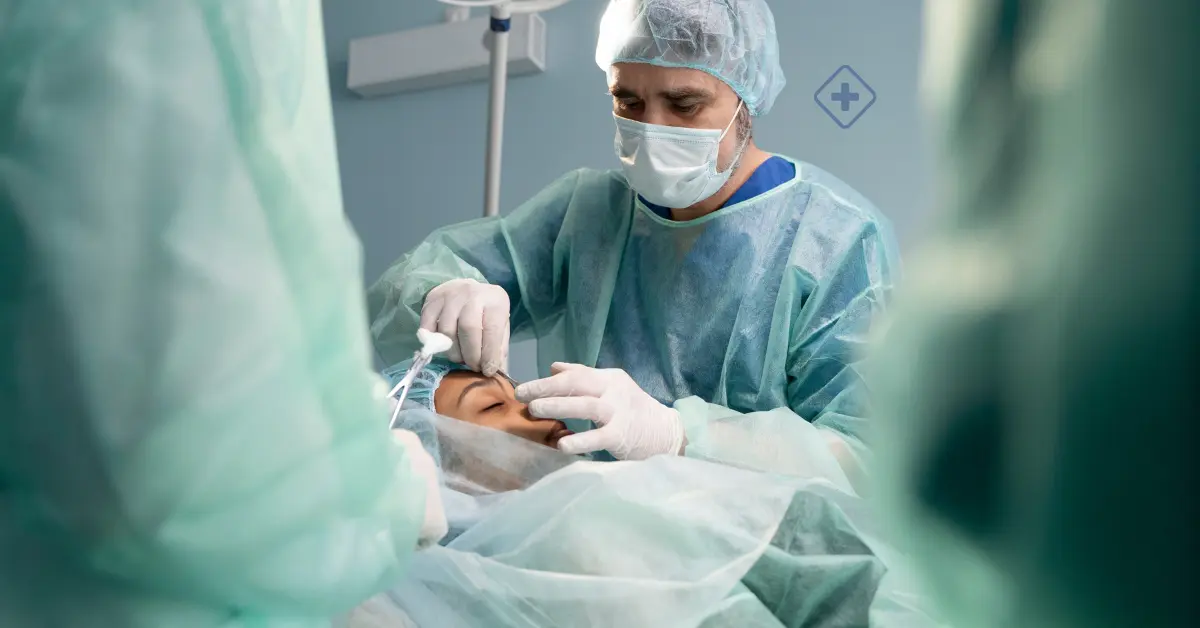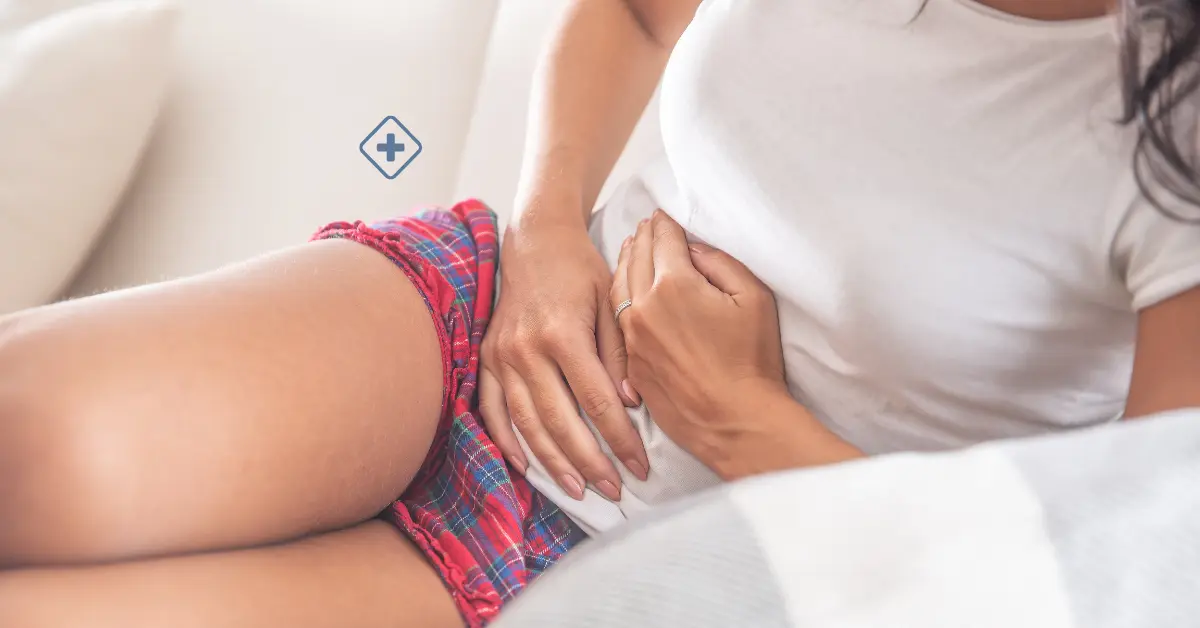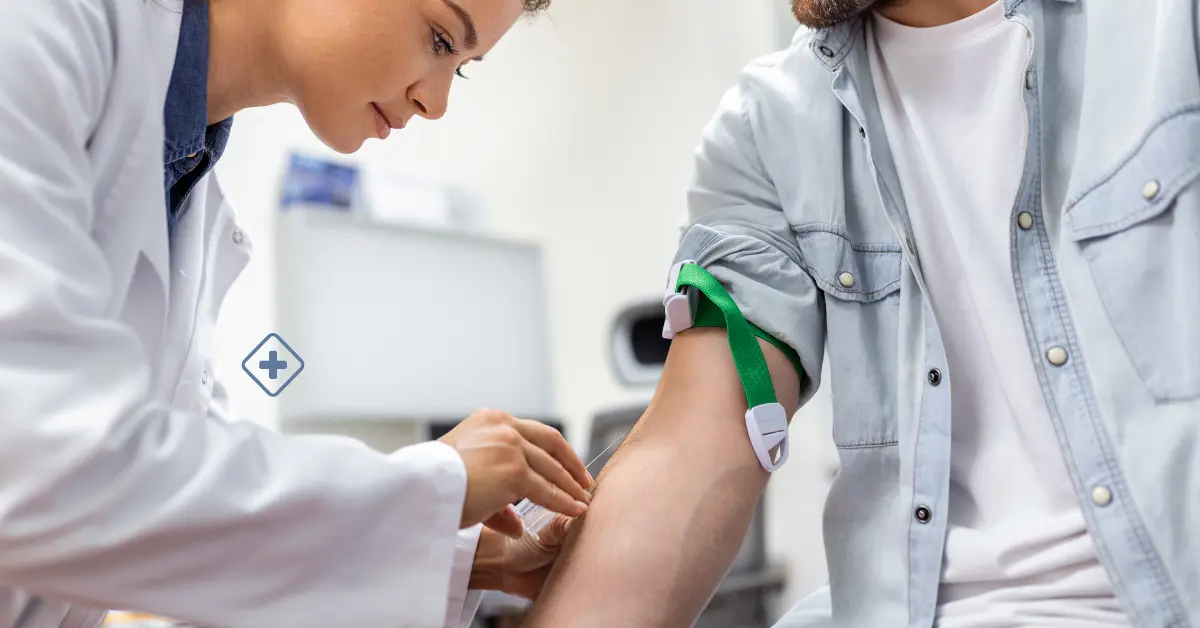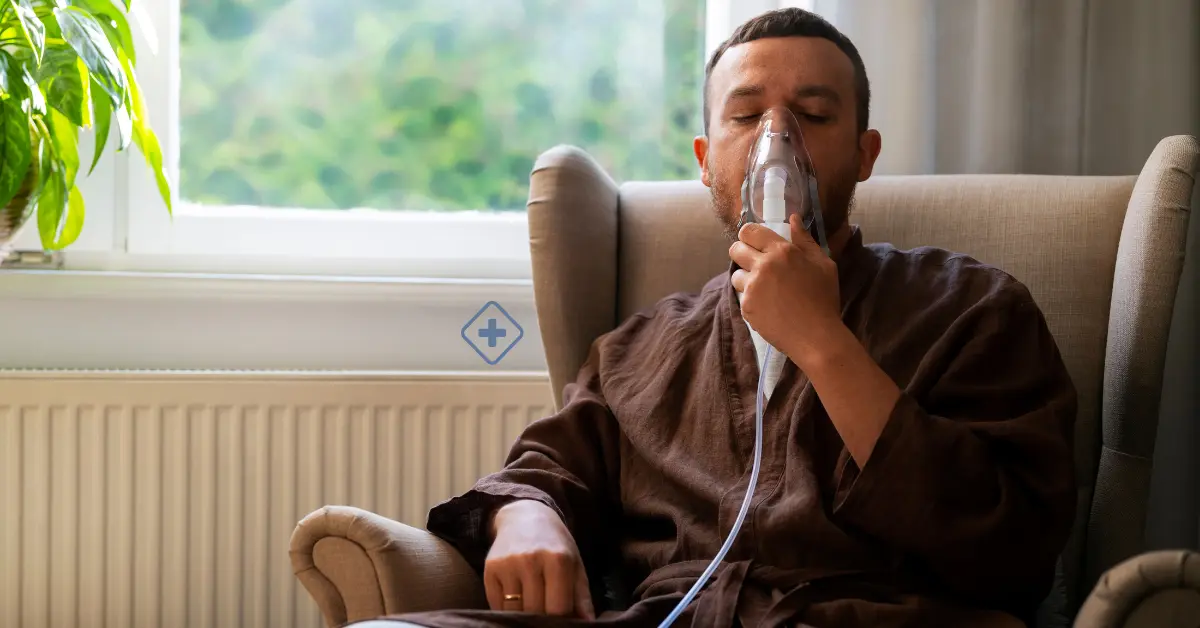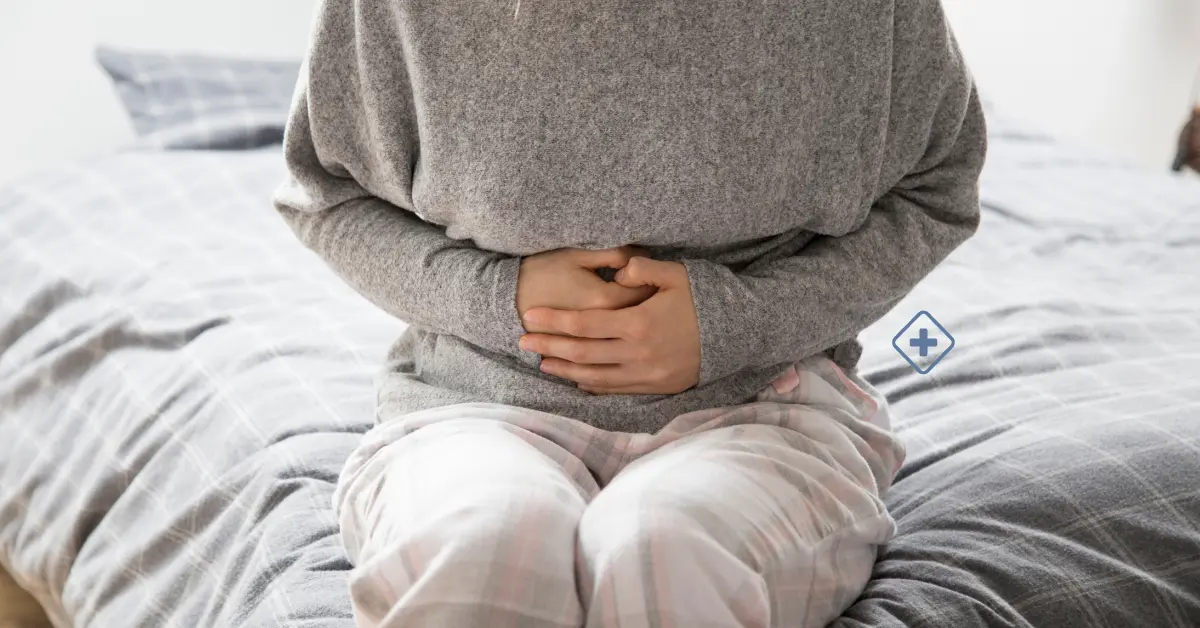
8 Things to Know Before Your Second COVID-19 Vaccine
It is important to understand the dos and don'ts of the two-dose coronavirus vaccination plan.
.jpg?q=7xNeynMQNpmSTTdv)
In case you received your first dose of a two-dose COVID-19 vaccine, congratulations, you are on your way to protecting yourself from the coronavirus. However, to be fully immunized, it is essential to get a second injection.
The Moderna and Pfizer-BioNTech vaccines are 95 percent effective. However, this is only effective when you have the second dose.
Following a few things to know about the second dose:
1. Your side effects are likely to be stronger
Many people who had little or no reaction to the first dose of the vaccine report that the second has a big impact, surprising even those who study vaccines.
In the Pfizer clinical trial, 31 percent of participants ages 18 to 55 reported fever after the second dose, compared with just 8 percent after the first. Fatigue, chills, headache, and muscle/joint aches were also more common after the second injection of both vaccines.
The good news is that older adults were less likely to experience vaccine reactions, data from the Pfizer trials show. Among those 55 and older, 22 percent experienced a fever after the second dose, and 3 percent had a fever after the first dose.
2. Avoid taking pain relievers before the injection.
If you've heard stories about the side effects of the second dose, you may be tempted to take a pain reliever before your appointment.
The U.S. Centers for Disease Control and Prevention (CDC) do not recommend taking them unless your doctor tells you. Pain relievers took preventively before an injection could reduce the effectiveness of the vaccine.
However, it is okay to take acetaminophen (Tylenol) or a non-steroidal anti-inflammatory drug like Advil or Motrin after the vaccine to treat side effects such as pain, fever, chills, or headache.
3. The time between doses does not need to be exact.
The second dose of the Pfizer injection is supposed to be given 21 days after the first; for Moderna, the recommended interval between doses is 28 days.
However, if you can't get an appointment on the exact day, or if you have to miss your scheduled appointment for any reason, the CDC allows you some leeway. While trying to stick to the suggested interval is recommended, he says the second dose can be given up to six weeks after the first.
If your appointment is scheduled before the recommended date, request a later appointment. The immune response will work perfectly well if you take it longer, but the second dose may not produce an optimal response if you take it too soon. "
4. The second dose must be from the same manufacturer as the first dose.
The CDC recommends not having doses from different manufacturers. The Moderna and Pfizer vaccines "are not interchangeable with each other or with other COVID-19 vaccine products," says the CDC. "The safety and efficacy of a series of mixed products have not been evaluated."
The CDC allows the combination of Pfizer and Moderna injections in "rare situations," such as when the vaccine used for someone's first dose is no longer available due to a supply shortage, or if it is not clear which vaccine they received for your first dose.
5. A rash at the injection site is not a reason to skip the second dose.
If you experienced a rash at the injection site three to 10 days after receiving your first injection, that does not prevent you from receiving the second injection, the CDC says. However, they recommend that it be applied to the other arm.
A small number of people develop this type of rash after vaccination, sometimes called the "COVID arm." Doctors say it is possibly a mild allergic reaction, which can be treated with an over-the-counter antihistamine like Benadryl.
In a guide published Feb. 10, the CDC said that when the second dose is taken, the reaction is not believed to cause a more serious allergic reaction.
6. Temporarily avoid all other vaccines.
It may be time for the shingles or Tdap vaccine, but you should wait if it is between doses of the COVID-19 vaccine. Because there is no data on the safety and efficacy of COVID vaccines given simultaneously as other vaccines, the CDC recommends avoiding other immunizations in the two weeks before and after both doses. Waiting also helps avoid confusion about the cause of a reaction if you do.
The CDC allows exceptions in circumstances where avoiding the vaccine would put you at risks, such as a tetanus shot after an injury or a hepatitis shot during an outbreak.
7. Total immunity is not immediate
It takes two weeks after the second dose for your body to develop complete protection against the virus. After that, you should have almost zero chance of developing a serious illness if exposed to someone with COVID-19. The CDC explains that it is no longer necessary to quarantine yourself if you are exposed to someone with COVID-19, as long as you meet these criteria: You have no symptoms, and it has not been more than three months since your second vaccine dose.
One possible exception is immunosuppressed people. They will get some level of immunity, he says, "but they may not reach 95 percent because their immune systems are already somewhat compromised, no matter how strong these vaccines are."
8. You still need to wear a mask
Experts are divided on whether it is okay to hug your grandchild or socialize with other vaccinated people after being fully immunized.
But they agree that you should continue to wear a mask and practice social distancing in public. For one thing, there is a slim chance that you could get sick even after you've been vaccinated.
Also, you may still be able to carry the virus and pass it silently to other people who haven't been vaccinated, even if they don't have symptoms.
And there is one more reason. Until the country achieves herd immunity, the point at which a significant portion of the population becomes immune to disease, it is important that everyone wears a mask to stop the virus's spread.
And remember: Get tested!
Where can I get a test for COVID-19 in Los Cabos? Visit our link to find more information about it.
Why is COVID-19 testing important? COVID-19 testing will help you protect your family, your community, and yourself.
It will save lives!
BlueNetHospitals - Hospital Los Cabos
BlueNet Hospitals
Blue Net Hospitals
Trending Topics
Coronavirus (COVID-19)
Trending Topics
Septoplasty
Septoplasty is a highly effective procedure for correcting a deviated septum
Ulcerative Colitis
Ulcerative colitis is an inflammatory bowel disease (IBD) that causes chronic inflammation.
Prostate-Specific Antigen (PSA)
The level of PSA in the blood can provide valuable information about prostate health.
Emphysema
Emphysema symptoms can be subtle at first but tend to worsen over time.
Health Library
Coronavirus (COVID-19)
- ¿Necesitas una cita con un Especialista?
- llámanos
- escríbenos
- Conéctate
